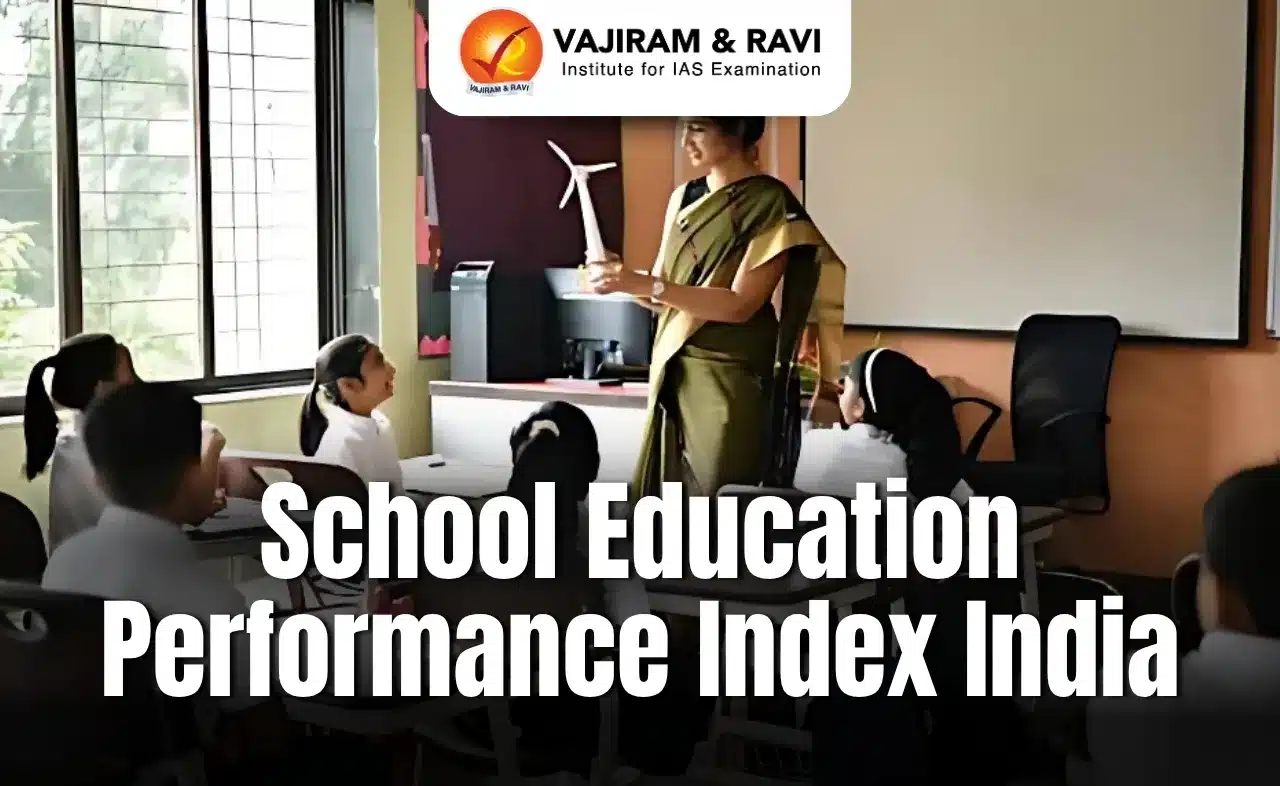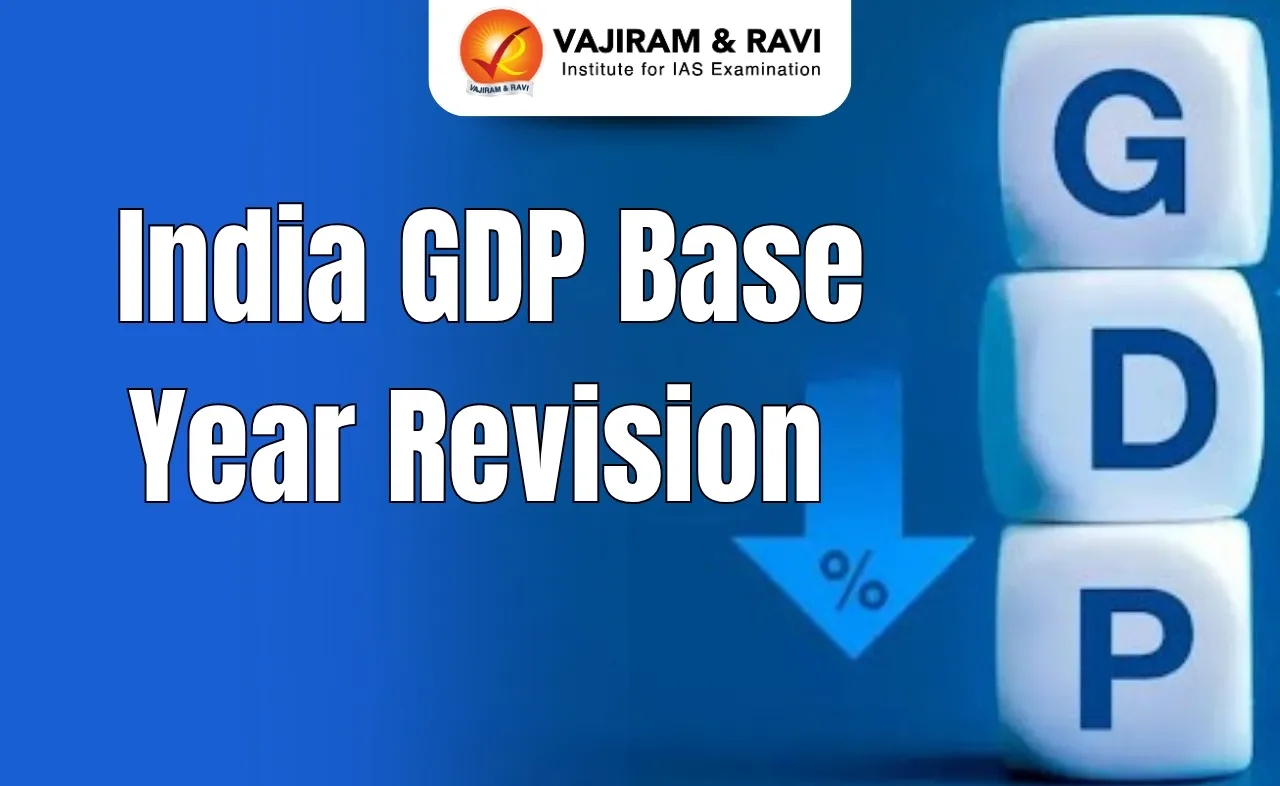UPSC Mains Current Affairs
Vajiram & Ravi provides Daily UPSC Mains Current Affairs, tailored for aspirants. We cover all relevant news and events crucial for the exam, ensuring you stay updated & well-prepared
- India Faces Rising Heat Risk: 57% Districts at High or Very High Risk
- Why US Investigators Are Probing an Air India Crash on Indian Soil
- Centre Launches Tribal Outreach Drive to Promote PM JANMAN and Dharti Aaba Welfare Schemes
- PM Modi’s Cyprus Visit: Strategic Boost to India–Cyprus Ties
- India’s 2027 Census: First Digital and Caste-Based Count
UPSC Mains Current Affairs
The UPSC Mains Exam tests analytical thinking, articulation, and a deep understanding of issues affecting India and the world. Among all preparation components, UPSC Mains Current Affairs hold a crucial position in the General Studies (GS) papers as well as in the essay and optional subjects. UPSC Exam Pattern doesn’t include for news updates but for a candidate’s understanding of contemporary events, their background, impact, and relevance in governance and public life.
The questions in Mains are designed to assess not just knowledge but also critical thinking, interpretation of socio-economic and political events, and the ability to present a balanced viewpoint. Hence, staying updated with current events and understanding them in a broader context is essential for qualifying in the UPSC Mains Exam 2025.
UPSC Mains Current Affairs Importance
1. UPSC Mains Current Affairs are essential for all four General Studies (GS) papers in the Mains examination.
2. GS Paper 2 and GS Paper 3 rely heavily on topics like governance, international relations, polity, economy, environment, and internal security, all of which are dynamic and current-affairs driven.
3. GS Paper 1 and GS Paper 4 also include questions where recent developments and examples can significantly enrich answers.
4. Topics such as federalism, social justice, climate change, and technology require candidates to cite recent government initiatives or events.
5. Candidates who can integrate current affairs with static knowledge have a better chance of scoring high marks due to the relevance and depth of their answers.
6. Essay topics in Mains often reflect current national and global debates, requiring aspirants to connect ongoing issues with broader themes.
7. GS Paper 4 (Ethics) benefits from the use of contemporary case studies and examples, helping aspirants apply ethical reasoning to real-world public administration scenarios.
UPSC Mains Current Affairs By Vajiram & Ravi
Vajiram & Ravi offers comprehensive coverage of UPSC Mains Current Affairs prepared specifically for the Mains exam. Their content is prepared by experienced faculty and subject matter experts who ensure that aspirants get issue-based, exam-relevant notes rather than news summaries.
The UPSC Mains Current Affairs By Vajiram & Ravi includes daily analysis, editorial, government schemes, international reports, and answer writing guidance. Each topic is analyzed from the perspective of Mains, explaining the background, key issues, government response, challenges, and the way forward.
For aspirants who prefer structured revision, Vajiram & Ravi’s UPSC Monthly Current Affairs Magazine – The Recitals, Yellow Books and dedicated Current Affairs for Mains Courses offer a reliable resource for preparation. The content helps aspirants prioritise important topics and understand how to use them effectively in answers.
UPSC Mains Current Affairs FAQs
Q1. How many months of current affairs are required for UPSC Mains?+
Q2. What is the best source for UPSC Mains current affairs?+
Q3. Should current affairs be written in point format in Mains answers?+
Q4. How do I revise current affairs for Mains effectively?+
Q5. Are Prelims and Mains current affairs the same?+










